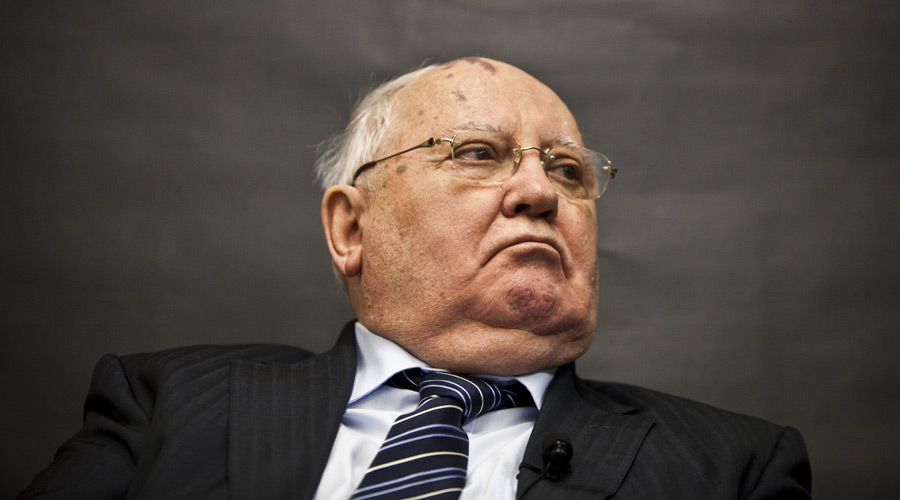Most world leaders of significance leave behind complex legacies. So it is with Mikhail Gorbachev, the final leader of the Soviet Union, who passed away in Moscow earlier this week after reportedly battling a longtime illness. Mr Gorbachev, who assumed power in 1985, introduced the twin policies of ‘glasnost’ — greater transparency or opening up — and ‘perestroika’ — which came to mean change — to try and resuscitate an empire gripped by economic stagnation, a bloody war in Afghanistan, and mounting public frustration. Yet, he will most be remembered for the chaotic days of December in 1991 that culminated in his resignation speech from the Kremlin, where the scarlet banner of the Soviet Union came down one last time. There are three main strands of perspectives on what Mr Gorbachev represented. There are those — especially in the West — for whom the genial communist was a statesman willing to give up power, allow the breakup of the Soviet Union, and pave the way for multi-party democracy. Yet in the Baltic states, Mr Gorbachev is remembered for using Soviet tanks to crush protesters. Finally, there is the all-important question of what Russians think of the man who oversaw the demise of a superpower.
For most ordinary Russians, the collapse of the Soviet Union heralded a decade of brutal economic pain. Skyrocketing inflation, a sudden withdrawal of State social support, and a mad scramble among the elite to grab valuable national assets — from companies to oil fields — for next to nothing combined to create one of the world’s most unequal societies. Tens of millions of people slipped into poverty, even as a new class of oligarchs rose. It did not help that Mr Gorbachev was busy acting in now-iconic advertisements for Louis Vuitton and Pizza Hut, brands that were out of reach for most Russians. Little wonder then that in Russia, he was widely seen as having betrayed his people. But Mr Gorbachev also left his mark on the world in ways that remain relevant today. His treaties with Ronald Reagan, the then president of the United States of America, to cap nuclear weapons and missiles showed that existentially opposed world powers can cooperate for a global good. On the other hand, authoritarian regimes of every political stripe blamed Mr Gorbachev’s attempt at reforms for the Soviet collapse and concluded against any similar, pro-democracy changes in their systems. He was loved. He was despised. But he will not be forgotten.










